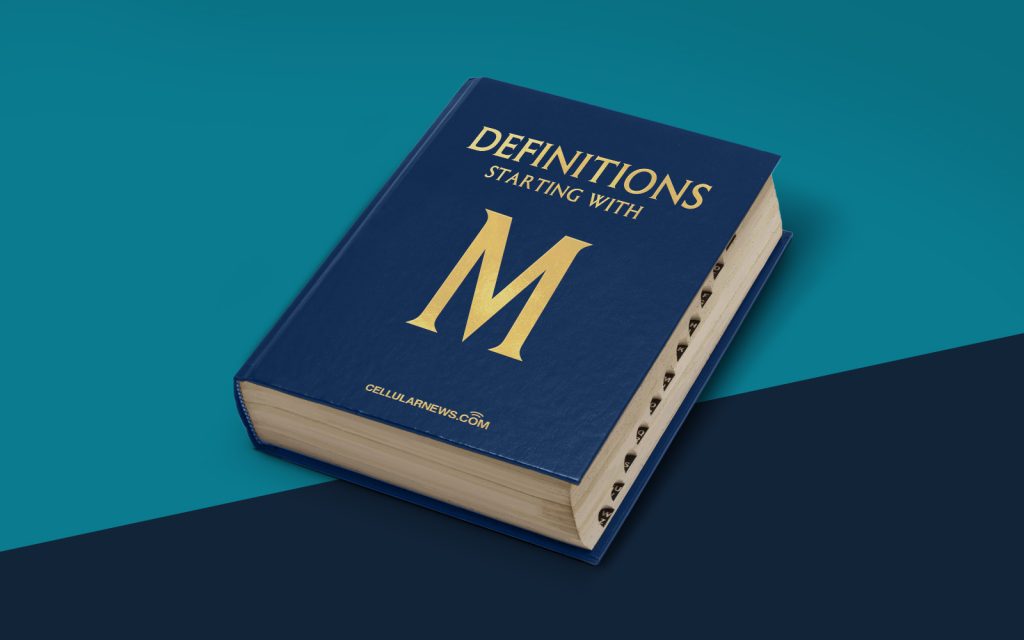
Unleashing the Power of Microsoft Excel: A Comprehensive Guide
Gone are the days when organizing, analyzing, and manipulating data was a complex and time-consuming task. Thanks to Microsoft Excel, a powerful spreadsheet application, this process has become significantly easier and more efficient. In this article, we will dive deep into the world of Microsoft Excel, exploring its features, functions, and practical applications. By the end, you’ll have a thorough understanding of what this versatile tool is capable of.
Key Takeaways:
- Microsoft Excel is a spreadsheet application developed by Microsoft that allows users to store, organize, and manipulate data in a tabular format.
- It offers a wide range of features, including data entry and formatting, calculations and formulas, data visualization, and data analysis.
Unlocking Excel’s Features
At its core, Microsoft Excel is a digital spreadsheet program designed to help users manage and analyze data effectively. Here are some essential features that make Excel a true powerhouse:
- Data Management: Excel provides a structured environment for storing large amounts of data in an organized manner. Users can create worksheets, organize data into rows and columns, and even link multiple worksheets together for easy data management.
- Calculations and Formulas: One of the standout features of Excel is its ability to perform complex calculations and apply formulas to data. Whether you need to calculate basic arithmetic operations or perform advanced statistical analysis, Excel has you covered.
- Data Visualization: Excel’s charts and graphs allow users to visualize data and identify patterns and trends effortlessly. With a variety of chart types and customization options, you can present your data in a visually appealing and easy-to-understand format.
- Data Analysis: Excel offers a range of tools and functions for data analysis, making it indispensable for business professionals, financial analysts, and researchers. From sorting and filtering data to using advanced functions like PivotTables and Power Query, Excel provides powerful tools for data exploration and analysis.
The Versatility of Excel
Microsoft Excel’s versatility extends far beyond simple data management and analysis. It has become an integral tool in various industries and professions. Here are a few areas where Excel shines:
- Finance: Excel is widely used in finance and accounting for budgeting, forecasting, financial analysis, and creating financial models.
- Project Management: Excel’s ability to track timelines, create Gantt charts, and manage project budgets has made it a go-to tool for project managers.
- Human Resources: Excel simplifies HR processes like employee data management, payroll, and attendance tracking.
- Marketing: Marketers use Excel to analyze campaign performance, track leads, and create marketing budgets.
- Educational Purposes: Excel is widely used in educational institutions to teach students data analysis, statistics, and mathematical modeling.
With its user-friendly interface, powerful features, and countless possibilities for customization, Microsoft Excel continues to be an essential tool for professionals and individuals alike.
In Conclusion
Now that you have a comprehensive understanding of Microsoft Excel, its features, and its practical applications, you are well-equipped to leverage its power in your personal and professional life. From data organization to complex calculations to data analysis, Excel has you covered. Embrace this versatile tool and unlock a world of possibilities for managing and analyzing data with ease.
